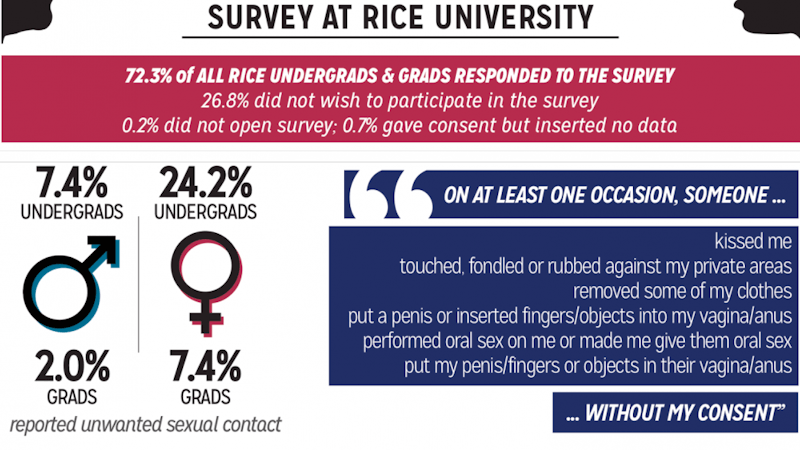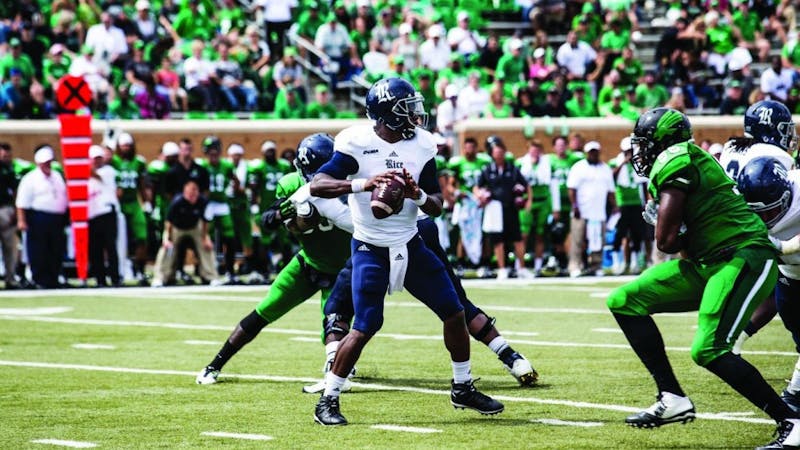NEWS
9/25/15 2:35pm
By Drew Keller
Rice University’s network system software will be updated in the early morning of Saturday, Sept. 26 to resolve a bug that has resulted in three Internet connection outages in the past week, according to several emails sent to faculty and staff by the Office of Information Technology.Mike Dewey, IT’s Director of Campus Services, said in an email that the network problems originated with changes made over the summer as part of Rice’s efforts to upgrade its network to a new version called RiceNet3.“This summer as part of the RiceNet3 project, we installed a new set of hardware equipment at the border of our network,” Dewey said. “This hardware improved both bandwidth and security of our network connections. However, we learned that the equipment has a bug.”According to Dewey, the equipment vendor supplied IT with a new software version on Monday, Sept. 21, which will be installed on Saturday between 3 a.m. and 5 a.m. During this period, all Internet access on campus will be interrupted, Dewey said.“If you are on campus, you will not be able to reach outside services such as Google, Facebook, CNN.com, Netflix, etc,” Dewey said. “On-campus services [such as Rice WebMail and Owlspace] will remain accessible by people on-campus during this time.”Dewey also said police and EMS dispatching services and the phone system will remain in operation.According to alerts on IT’s website, internet outages occurred on Sunday, Sept. 20, on Tuesday, Sept. 22, and on Thursday, Sept. 24. The longest outage, on Sunday, lasted approximately an hour, from 5:30 p.m. to 6:30 p.m.






